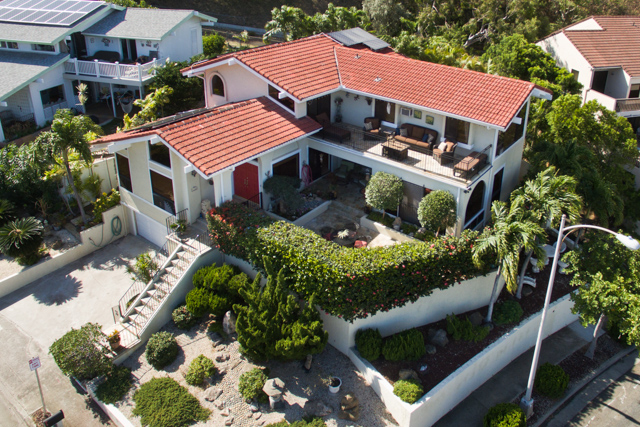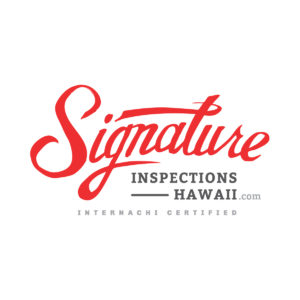
- default on loan repayment. The most common way that residences are foreclosed on is through default on mortgage loans;
- overdue taxes. If a homeowner owes property taxes, the property can be subject to a tax foreclosure and seized by the local government. Genesee County, Michigan, as a notable example, stands to foreclose on 6,600 properties as a result of back-taxes owed from 2007;
- homeowners association (HOA) fees. Many of the 57 million Americans who live in HOAs fail to recognize the power that these organizations wield. In roughly half of the states in the U.S., HOAs are permitted non-judicial foreclosures if owners lapse on their dues. Homeowners in these states have no right to a hearing or to confront their HOA board, or any of the protections usually afforded people to defend themselves against creditors; and
- unpaid contractors’ bills. In June 2010, subcontractors filed suit against a church in Florence, Ohio, to foreclose on the 1,400-seat worship center for unpaid bills.
Most mortgage contracts include an acceleration clause, which gives the lender power to demand accelerated repayment if certain agreed-upon terms are violated. If the borrower falls behind on monthly payments or fails to notify the lender of a property transfer, for instance, the lender can demand that the entire debt be paid immediately. If there is no acceleration clause and terms have been violated, the lender may still be able to file suit against the borrower to recoup the debt.
- judicial foreclosure. Common in Florida, New York, Ohio and Pennsylvania, the mortgager files a lawsuit against the borrower to force the sale of the property. Resulting funds first satisfy the mortgage, then any other lien-holders. If any funds are left over, they will go to the borrower. Judicial foreclosures are available in every state;
- non-judicial foreclosure. Common in California and Texas, the mortgager forces the sale of a property without any court supervision. Mortgage holders do not need to file a lawsuit if a “power of sale” clause is included in the mortgage. As the court system has been bypassed, non-judicial foreclosures are faster and cheaper than judicial foreclosures; or
- strict foreclosure. Available in Connecticut, New Hampshire and Vermont, a suit is brought against the mortgager who is ordered to pay the debt to the mortgage-holder within a specified period of time. If the mortgager fails to pay, the mortgage-holder gains the title to the property, but they are under no legal obligation to re-sell.
Signature Inspections Hawaii, LLC, is FULLY Insured & “NATIONALLY CERTIFIED” by InterNACHI. InterNACHI also requires inspectors to continue their education through accredited courses, conferences, online learning, etc… and annual Inspector Certificate Testing in order to hold a current certificate.
Contact Us Today || Book You Inspection Now
808.388.3425
Trevor Drinen | CPI Certified Professional Inspector # NACHI16122702
*For a more detailed explanation of the inspection process please feel free to visit: InterNACHI Residential Standards Of Practice and InterNACHI Code Of Ethics .









